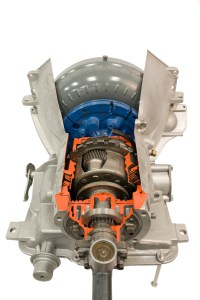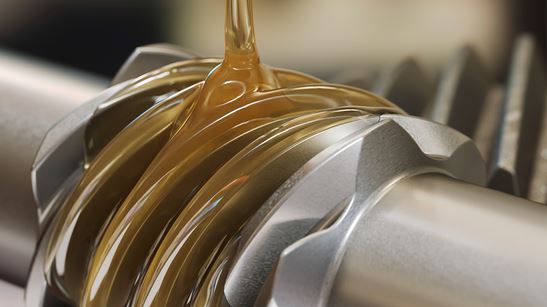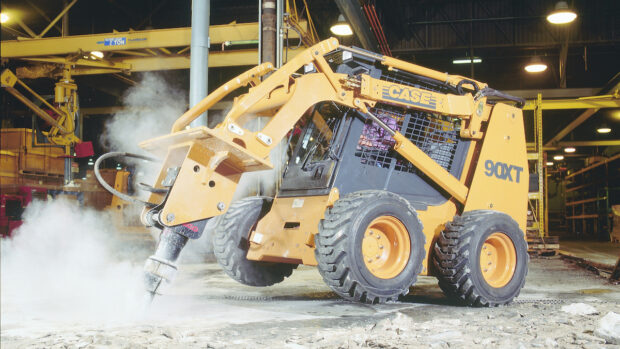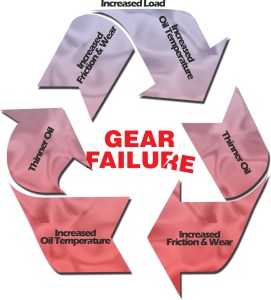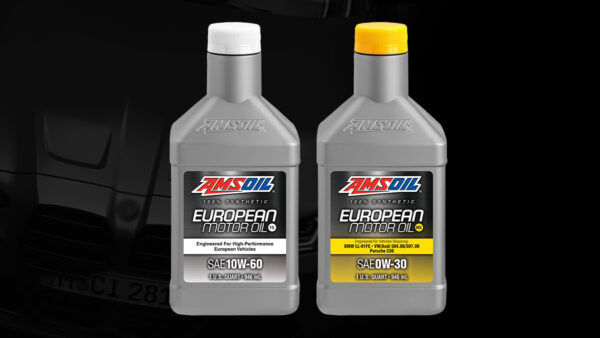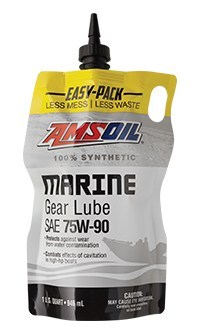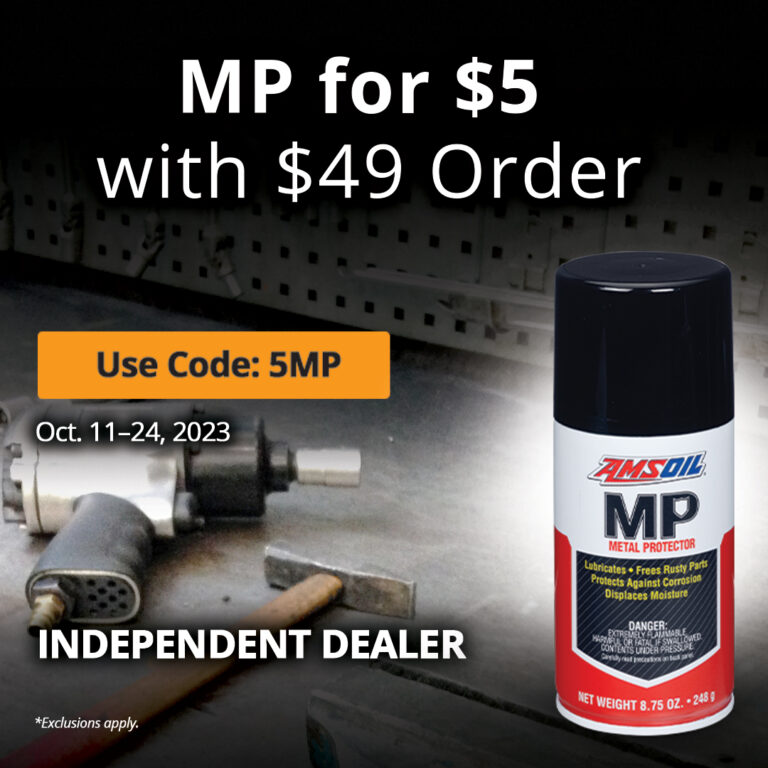Changes in the Diesel Market
Diesel engine technology must deliver reduced emissions and improved fuel economy without sacrificing power.

Knowledge is everything in this Diesel World of Today
I sure hope this blog entry gets a good number of reads. This is a subject you’ll want to have time to prepare for. Although these transitions are tough for small firms when the dollar is weak, AMSOIL will have the most options as well as reduce the maintenance costs for those who buy new trucks which must adhere to the EPA standards.
Federal regulations are dictating that medium- and heavy-duty diesel vehicles must reduce fuel consumption and greenhouse gas emissions 15 percent by model year 2018, driving major changes in the diesel world. The API CJ-4 specification that has represented the standard for diesel oil performance for the past decade will soon give way to new specifications that will evolve with diesel technology to help ensure manufacturers meet federal mandates.
Two Specifications Replace CJ-4
Initially labeled Proposed Category 11 (PC-11) in its working stages, the new API specification has been split in two (API CK-4, FA-4). This accommodates different requirements of old and new engines. Both specs focus on drastically cutting emissions and improving fuel economy. It also provides increases to engine-protection benefits through improvements in oxidation stability, shear stability and resistance to aeration. Engine oils meeting the new spec will launch December 1, 2016.
What are the Differences Between API CK-4 and API FA-4?
API CK-4
Designed for current model-year and older diesel engines, API CK-4 oils will offer greater protection and performance benefits over API CJ-4 oils. CK-4 oils will be backward-compatible with CJ-4 oils and will be recommended in all applications specifying CJ-4 (and prior) specifications. In addition to the traditional 15W-40 viscosity grade, CK-4 will offer lower-viscosity options to enhance fuel economy benefits, including 10W-30, 5W-40 and 5W-30.
- Designed for current model-year and older diesel engines
- Backward-compatible with API CJ-4 (and prior) oils
- Offers traditional viscosity grades of 15W-40, 10W-30, 5W-40 and 5W-30
API FA-4
Introduced for 2017 and newer diesel engines designed to meet new emissions standards, API FA-4 is a new category of lower-viscosity oils. It was created to further improve fuel economy and reduce emissions, while delivering the same enhanced protection and performance benefits of CK-4.
API FA-4 oils are formulations to further improve fuel economy in two ways: lower viscosity and reduce high-temperature/high-shear viscosity (HTHS). Today we know the 15W-40 is the dominate lubricant market. That said, the FA-4 will feature 10W-30 oils. In addition, because lower HTHS numbers are linked with improved fuel economy, the minimum HTHS for FA-4 is lower (2.9) than the minimum HTHS for CK-4 (3.5). Expect a large margin of quality between brands!
- Designed for certain 2017 and newer diesel engines
- Not backward-compatible
- Designed to improve fuel economy and reduce emissions
- Primarily features 10W-30 viscosity grade
AMSOIL Prepared for Change
AMSOIL customers can be well-assured that we will be ready for the implementation of the new diesel specifications with top-performing synthetic formulations. The challenge has been studied and solutions were set fourth over 5 years ago for this.
New Test Requirements
In order to meet federal regulations, original equipment manufacturers (OEMs) are relying on engine designs that produce ever-increasing operating temperatures. The new API CK-4 and FA-4 specifications introduce new shear-stability requirements to minimize viscosity loss, as well as two new and updated tests to ensure additional protection benefits in the areas of oxidative stability and aeration resistance:
New Mack T13 Test
Measures oil oxidation under the higher temperatures common with modern engines
New CAT Aeration Test
Replaces the Engine Oil Aeration Test (EOAT), which used hardware that isn’t available anymore
The rest of the tests carry over from API CJ-4.

